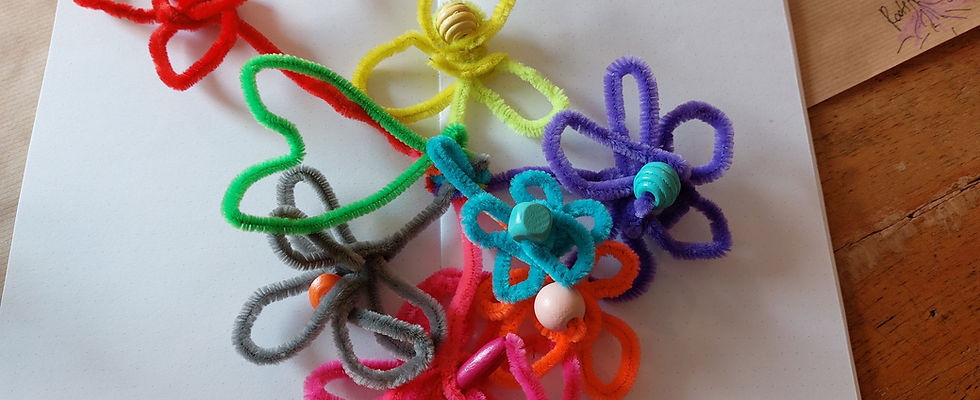Theory U

What is it?
Theory U is a framework for deep change and innovation — in individuals, organizations, or systems — developed by Otto Scharmer at MIT. Imagine it as a U-shaped journey that helps people and teams move from reacting to problems with old habits, to co-creating solutions from a deeper understanding of the future that wants to emerge.
Here’s a breakdown of the U shape:
- Left Side of the U: Letting Go
This is about slowing down, dropping assumptions, and tuning in.
-
Downloading – You start by noticing that you're just replaying old mental tapes (aka business-as-usual thinking).
-
Seeing – You step back and start seeing reality with fresh eyes.
-
Sensing – You immerse yourself in the context, feeling what's really happening from multiple perspectives (often with others)
- Bottom of the U: Presencing
This is the still, reflective moment where you connect to your highest future potential. A mashup of "presence" and "sensing." You let go of the past — and listen for what’s emerging.
- Right Side of the U: Letting Come
This is about bringing new ideas to life.
-
Crystallizing – You get clarity about what wants to emerge.
-
Prototyping – You start building small, fast experiments to test ideas.
-
Performing – You scale and embed the innovation into the system or organization.
In each phase different kinds of exercises are used to guide participants through it.
Tool: 3D Mapping Exercise (a.k.a. "Stakeholder Sculpture")
The purpose is to help participants visualize and explore the current and emerging reality of a system (like an organization, team, or social issue) using physical objects in 3D space. It taps into sensing and presencing — the heart of Theory U. It is a powerful exercise because it moves beyond intellectual analysis and surfaces hidden patterns and unspoken dynamics.
We use random physical materials (e.g., clay, toys, string, blocks, paper, LEGOs, sticks, etc.) on a large table.
1. Choose a System to Map
Participants agree on a system they want to explore (e.g., a healthcare organization, a community project, or a school).
2. Build the Current Reality
Using objects, participants create a 3D map of the current system, placing elements to represent:
-
Key stakeholders (people or groups)
-
Relationships (tensions, collaborations)
-
Dynamics (conflicts, blockages, power)
They physically feel their way into placing each object — not just thinking, but sensing.
3. Reflect & Walk the Map
The group literally walks around the sculpture and reflects:
-
What stands out?
-
How do power or flows show up?
-
What's missing?
4. Transform the Map
Now they reconfigure the map to represent:
-
The emerging future
-
A system that embodies greater potential, alignment, or flow
Again, they walk around it and reflect: What has shifted? What do we now see?